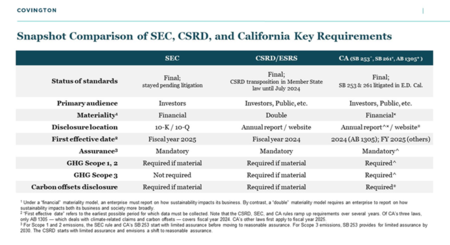Queensland Health will launch a major statewide improvement project to reduce preventable stillbirths by 20 per cent by 2022.
Every day in Australia six babies are stillborn, a rate unchanged over the last 20 years.
Kirstine Sketcher-Baker, Executive Director Patient Safety and Quality Improvement Service, said the majority of stillbirths did not have a major congenital abnormality, so clear opportunities for prevention exist.
“Stillbirth affects mothers and fathers, their families, health services, society, and governments. It is a serious public health problem with far reaching psychosocial and financial burden,” she said.
“Queensland Health has partnered with the Stillbirth Centre of Research Excellence (Stillbirth CRE) to roll out the Safer Baby Bundle (SBB) across all Hospital and Health Service antenatal services.
Within Queensland, it was anticipated the SBB would result in 80 less families a year experiencing a stillbirth.
Ashleigh Rousseaux, State Manager SANDS in QLD, a volunteer-based organisation providing support to parents following the death of a baby, said the Safer Baby Bundle would be empowering for all parents.
“Transparent communication with parents on what they can do to reduce their risk of stillbirth is essential,” Ms Rousseaux said.
“Feeling confident that they’ve been well informed and knowing the steps they can take to reduce their risk of stillbirth can be really empowering for parents.”
Ms Rousseaux said it was great to see the emphasis on trusting a mother’s intuition.
“Too often we see women second guessing their instincts or not wanting to be a nuisance, but information is key to reducing the rates of preventable stillbirth” she said.
Ms Sketcher-Baker said research showed going to sleep on your side from 28 weeks of pregnancy could halve the risk of stillbirth.
“While four to seven per cent of stillbirths can be prevented by not smoking during pregnancy,” Ms Sketcher-Baker said.
Ms Sketcher-Baker added fetal movement and changing movements was also a priority.
“If you’re at all concerned about the baby’s movements phone the hospital. We’d rather you phoned than be sitting worrying at home.”
Women should continue to feel the baby move right up to the time they go into labour and during labour.
Brooke Campbell, 29, from Brisbane, tragically lost her unborn son Darcy at 36 weeks, after suffering a haemorrhage caused by a placental abruption.
Mrs Campbell said she had noticed something was wrong in the week prior.
“I had reduced movements for a few days until the event took place but I just put it down to Darcy being a larger baby and being close to being born,” she said.
Mrs Campbell welcomed the Safer Baby Bundle’s recommendations.
“I just want to warn all women to get it checked if they feel any reduced movements at all or any changes in their pregnancy,” she said.
“I also wish (this advice) was around to make the pregnancy of our rainbow baby Aspen a bit easier, with the anxiety side of things, that I thought it was going to happen again.
“The pain and suffering we endured was and still is horrendous. No parent should ever have to bury their healthy child.”
The SBB interventions include:
1. Supporting women to stop smoking in pregnancy.
2. Improving detection and management of fetal growth restriction.
3. Raising awareness and improving care for women with decreased fetal movements.
4. Improving awareness of maternal safe going-to-sleep position in late pregnancy.
5. Improving decision-making around timing of birth for women with risk factors for stillbirth.








